| Robusta coffee export prices return to 28-year high. Supply chain disruptions cause coffee export prices to continue to rise to their highest level. |
In the coffee market, Arabica prices reversed and recovered 1.81% from the reference level; Robusta prices recovered 2.11%, reaching a 30-year peak. The weakening USD combined with the risk of supply shortage pushed Robusta prices to set a new 30-year peak.
Hot and dry weather in Vietnam’s main coffee growing region shows no signs of abating, fueling negative sentiment about the outlook for new crop supplies in the world’s largest Robusta exporter.
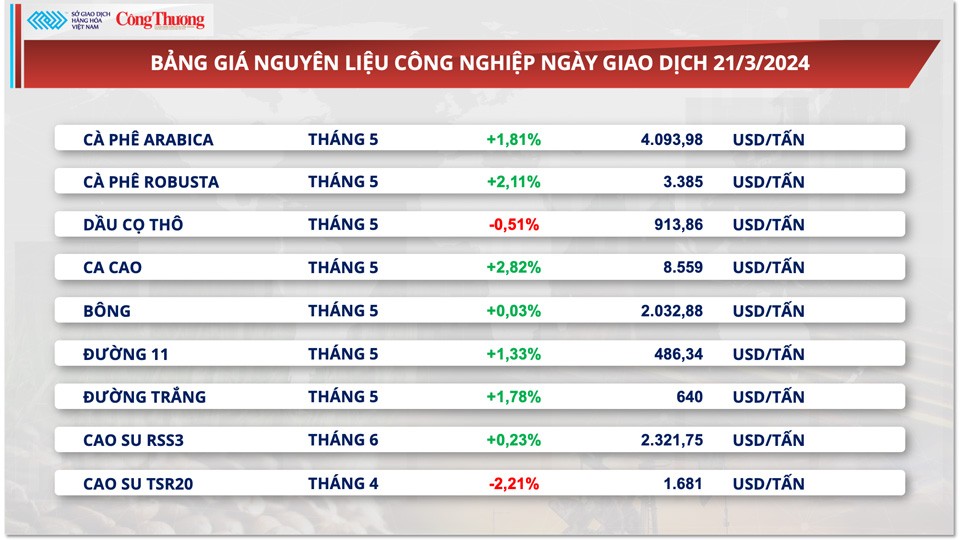 |
| In the coffee market, Arabica prices reversed and recovered 1.81% compared to the reference level; Robusta prices regained 2.11%. |
In addition, the weakening of the US dollar after the US Federal Reserve (FED) interest rate meeting has caused the USD/VND exchange rate to narrow and Vietnamese farmers to limit coffee sales. This has made concerns about supply shortages in the market more serious.
Arabica prices also fluctuated strongly due to changes in the USD. When opening, coffee prices were created in the context of the Fed keeping the interest rate at 5.25-5.5% in the March meeting and announcing that there would be 3 interest rate cuts this year.
In the early evening session, the upward momentum of Arabica prices had a correction when the USD recovered, causing the USD/BRL exchange rate to increase. The loosening exchange rate helped stimulate the demand for coffee sales of Brazilian farmers.
As of March 8, Robusta coffee inventories certified and monitored by the London Exchange decreased by 160 tons (equivalent to a decrease of 0.66%) compared to the previous week, to 24,030 tons (about 400,500 bags, 60 kg bags).
Funds and speculators returned to coffee futures markets to increase purchases, despite unsupportive fundamentals with reports of increased exports from many producing regions around the world, according to the January trade report of the International Coffee Organization (ICO).
Strong buying has triggered automatic buy orders that have pushed coffee futures to new record highs. Significant price volatility is expected as Brazil enters its new harvest this year.
Coffee futures are at record highs, boosted by rising demand from a growing middle class in China and other Asian countries while some major producers such as Indonesia and Vietnam appear to be facing poor harvests, according to Nikkei.
Expert Nguyen Quang Binh quoted Nikkei Asia (Japan) as saying that global coffee prices are supported by growing demand from the growing middle class in China and other Asian countries. In the context of major producing countries having poor harvests. As of December 2023, China has surpassed the US to become the country with the most coffee chains in the world.
Robusta is gaining more than Arabica as some retailers are substituting Arabica in an effort to avoid price spikes. Global demand for Robusta is growing.
According to experts, Vietnamese coffee prices will increase at least until April 2024, before Indonesia enters its new crop. Vietnamese coffee beans may be the most expensive in the world in 2024. Currently, Vietnam is the world leader in both export volume and quality of Robusta coffee.
According to the Vietnam Commodity Exchange (MXV), the hot and dry weather in the Central Highlands region has not shown any signs of abating, causing the world market to worry about the prospect of Vietnam's upcoming coffee output.
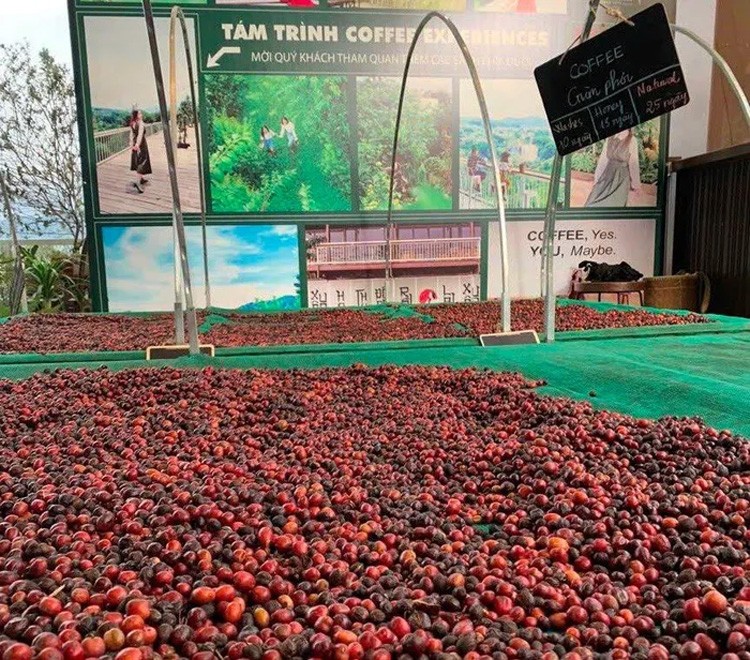 |
| Coffee exports, mainly Robusta coffee, in the first half of March 2024 reached 199,719 tons |
Vietnam Customs reported that preliminary data showed that coffee exports, mainly Robusta coffee, in the first half of March 2024 reached 199,719 tons (about 3.32 million bags), up 119.47% over the same period last year.
Bringing coffee exports in the first 2.5 months of 2024 to a total of 598,235 tons, an increase of 38.18% compared to the first 3.5 months of 2023. This high export volume has refuted speculation that Vietnamese farmers are hoarding goods, not wanting to sell at current prices. But at the same time, it has also caused coffee reserves to be depleted.
Source


![[Photo] Hanoi morning of October 1: Prolonged flooding, people wade to work](https://vphoto.vietnam.vn/thumb/1200x675/vietnam/resource/IMAGE/2025/10/1/189be28938e3493fa26b2938efa2059e)
![[Photo] President of the Cuban National Assembly visits President Ho Chi Minh's Mausoleum](https://vphoto.vietnam.vn/thumb/1200x675/vietnam/resource/IMAGE/2025/10/1/39f1142310fc4dae9e3de4fcc9ac2ed0)
![[Photo] Keep your warehouse safe in all situations](https://vphoto.vietnam.vn/thumb/1200x675/vietnam/resource/IMAGE/2025/10/1/3eb4eceafe68497989865e7faa4e4d0e)



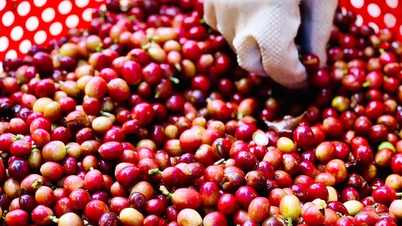







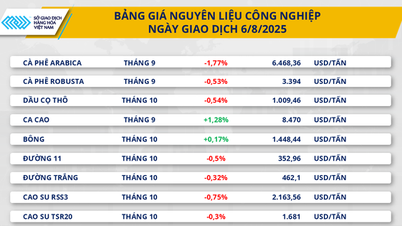









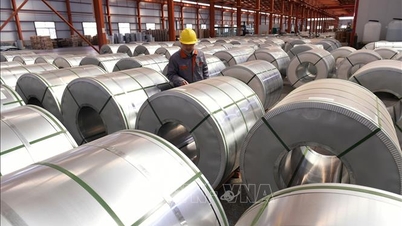












































































Comment (0)